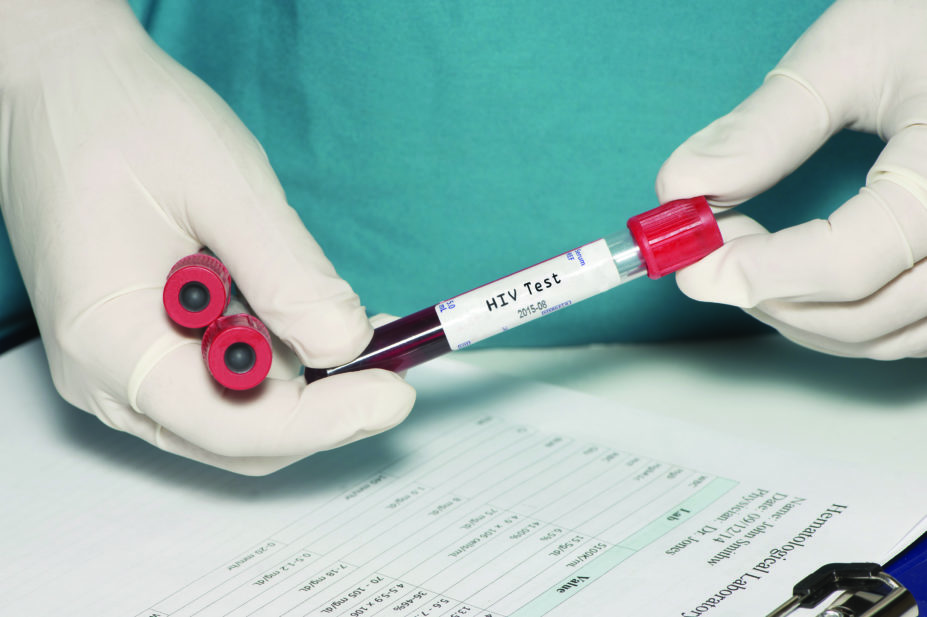
Shutterstock.com
The incidence of HIV diagnoses in European countries has been increasing in people aged over 50 years, who now account for around a sixth of all new cases, according to a study published in the
Lancet HIV
.
The study used data from the European Surveillance System on 31 EU and EEA countries from 2004 to 2015. It showed that overall 16 countries, including the UK, Ireland, Belgium and Germany, had seen increases in the rate of HIV diagnoses in older adults during that time. Across all countries in the study the average increase was 2.1% per year in older people, from 2.1 in every 100,000 in 2004, to 2.5 per 100,000 in 2015, while remaining steady in younger people.
In the UK, the rate of diagnoses in older people increased by an average of 3.6% per year during the study period, while decreasing significantly in younger people, by 4.0% per year.
The researchers found that overall older people with HIV were more likely to be diagnosed at an advanced stage than younger people. And while in younger people cases attributable to heterosexual sex and intravenous drug use declined, they increased in older adults.
Michael Brady, medical director at Terrence Higgins Trust, said the study was a reminder that anyone can be at risk of HIV.
“The HIV epidemic is evolving and our response needs to change with it,” he said. “It is worrying to think how many people over 50 don’t consider themselves to be at risk of HIV, and that is probably the reason why, in this study, older people were more likely to be diagnosed late with more advanced HIV.”
Brady said there was an urgent need for new approaches to HIV testing, education and awareness that include or target the over 50s.
“Increased testing in general practice or accident and emergency departments, for example, would help hugely to address this group, who are disproportionately at risk of undiagnosed HIV or late diagnosis,” he said.
RPS clinical spokesperson on HIV, consultant pharmacist Heather Leake Date, said that stigma, ignorance and unwillingness to discuss potential risks with older people were reasons why they might be less likely to be tested.
“This study’s findings, together with previously published evidence, highlight the urgent need to raise awareness of HIV and sexual health in older people, and for healthcare professionals to be more proactive about offering an HIV test,” she said.


